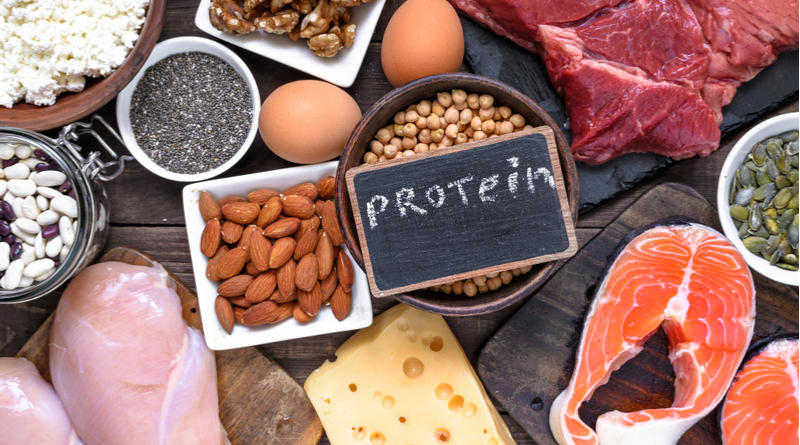High protein diets are extremely popular right now. They have been proven to be a fantastic way to lose weight or get in shape efficiently, by making you feel more satiated, which helps you eat less overall. The most important way that high protein diet leads to weight loss is through ketogenesis, the condition where your body begins to burn body fat instead of glucose.
Generally speaking, most people’s health is not affected by committing to a high protein diet that has carbohydrate restrictions, especially when only maintained for a short period of time. But people can experience certain complications from a high protein diet:
- There are a few high protein – low carb diets that restrict carb intake to such an extent, that can lead to nutritional deficiencies and sometimes an insufficient amount of dietary fiber. This can lead to halitosis, constipation, and headaches.
- High protein diets naturally encourage the eating of large quantities of animal products, including meat and dairy. When these diets are maintained over a long period of time, they can bring on heart disease and other associated effects like stroke.
- High protein diets can also be hard on your kidneys, and reduce their functionality. But this is typically for people who are already suffering from kidney disease. Kidney disease already lowers your kidney’s ability to filter out waste products; a high protein diet simply exacerbates the situation and places extra burden on your kidneys. Your kidneys have to work harder to eliminate the waste products that come from the metabolization of proteins.
The key to successfully following a high protein diet while taking care of your kidneys is to choose good sources of protein. Make sure to prioritize non animal sources of protein, and consume lots of dietary fiber.








